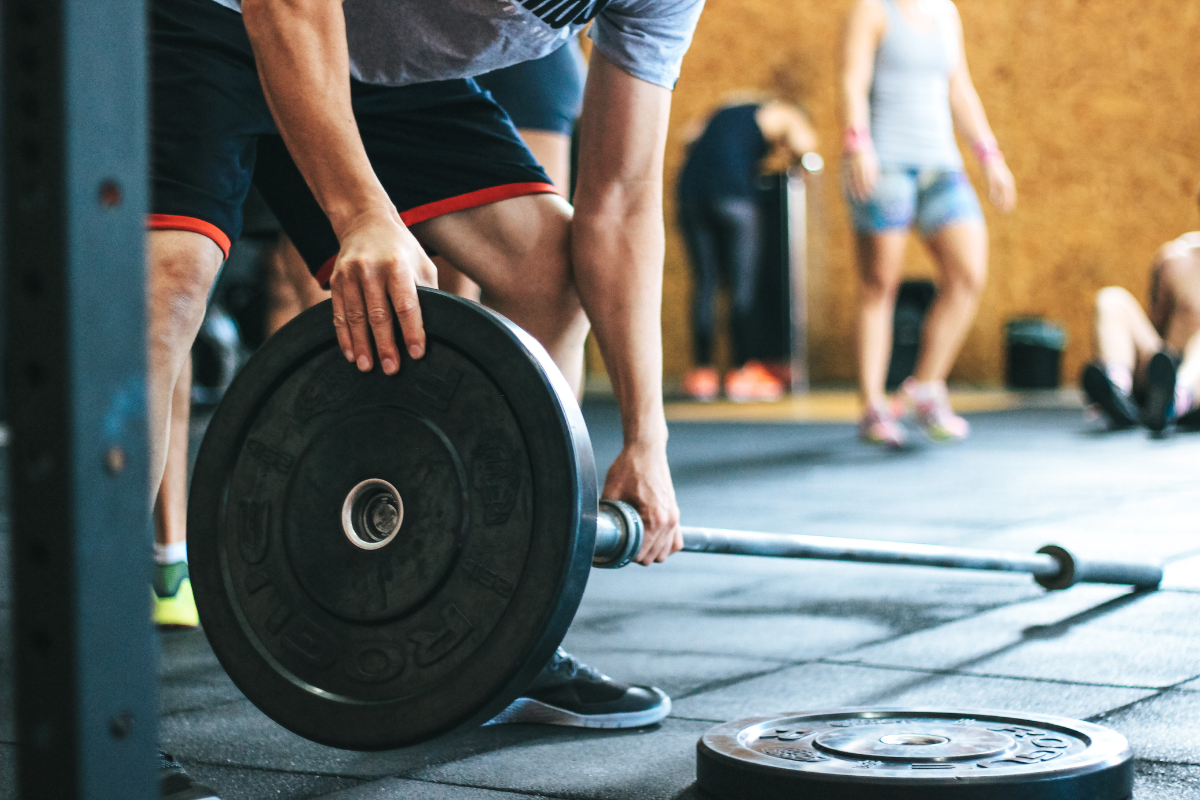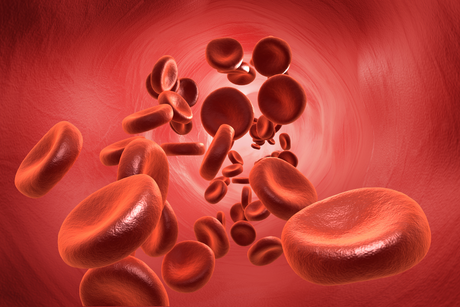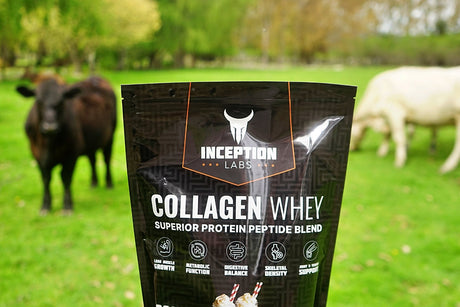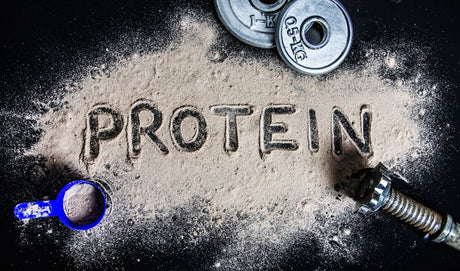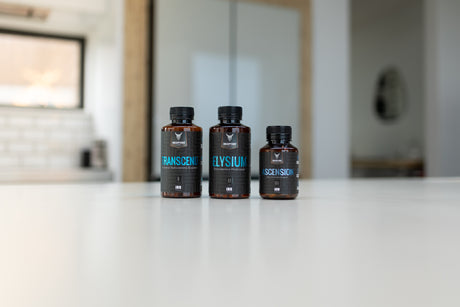A good night's sleep is important for everyone, but it is especially critical for athletes who want to perform at their best. Sleep plays a vital role in numerous bodily functions, including cell regeneration, hormone production, and metabolism. It also helps to consolidate memories and support learning. Research has shown that sleep deprivation can lead to an array of health problems, including weight gain, mood swings, impaired immunity, reduced stamina and impaired motor skills (Fullagar, 2015). All of these factors can negatively impact athletic performance.
This article delves into some of the key influences sleep has on athletic performance. We also explore how to improve our sleep cycles and ways to mitigate the adverse sleep outcomes associated with shift work. Sleep is essential for our overall health and well-being, and by understanding its role in physical performance, we can better optimize our training regimes and avoid burnout.
How much sleep do I need?
It is well-established that sleep is essential for overall health and well-being. However, its role in muscle growth has only recently been studied. One study found that participants who slept for eight hours after working out had significantly more muscle growth than those who only slept for four hours, which suggests that sleep helps to stimulate the muscles’ repair and growth processes (Chen, 2017).
Another study found that sleep deprivation can lead to a decrease in testosterone levels. The study, conducted by researchers at the University of Chicago, involved monitoring ten healthy young men for one week. During the first four days of the study, the participants slept for eight hours each night, and on the fifth and sixth nights, they were only allowed to sleep for four hours. The researchers found that, on average, the participants' testosterone levels declined by 15 percent after two nights of sleep deprivation (Leproult, 2011). In addition, the participants' levels of the stress hormone cortisol increased by 37 percent.
While most of us acknowledge the adverse health outcomes of getting too little sleep, getting too much sleep can equally have negative health impacts. When you sleep, your body goes through different phases of activity to restore itself. However, if you spend too much time in deep sleep, it can start to have the opposite effect. Your body begins to shut down non-essential systems, which can lead to a decrease in metabolism and an increase in inflammation. Too much sleep can also interfere with immune function and increase the risk of developing dementia. So, while getting a good night's sleep is vital for your health, it's important not to oversleep.
What about the quality of my sleep?
Quality is just as important as quantity when it comes to reaping the benefits of a good night's sleep. Sleep cycles consist of two stages: rapid eye movement (REM) and non-REM (also known as slow-wave or deep sleep). Non-REM is vital for restoring energy levels and supporting physical recovery after exercise or a tough day at work. Meanwhile, studies have shown that deep REM sleep is crucial for both muscular and cognitive recovery, meaning that athletes who don’t get enough of it are likely to see a decline in their performance. Many experts believe that optimizing sleep should be a key part of any training program.
The quality of sleep a person gets each night directly impacts their overall health. Numerous studies have shown that people who sleep poorly are at increased risk for several health problems, including obesity, heart disease, diabetes, and depression. In fact, poor sleep is now considered one of the most significant risk factors for chronic disease. Sleep plays a vital role in our overall health by giving our bodies time to rest and repair. When we don’t get enough sleep, our bodies cannot adequately recover from the day’s activities, leading to a host of potential health problems down the road.
Improving sleep quality and quantity
The good news is that there are a number of ways to improve the quality of our sleep. Certain "sleep hygiene" habits are particularly effective in helping promote better sleep:
Establish a regular sleep schedule.
This means going to bed and waking at the same time each day, even on weekends. Doing so helps train your body to expect a certain amount of sleep each night. A regular sleep schedule helps regulate the body's natural circadian rhythms, which are controlled by the release of hormones like melatonin. Disruptions to the circadian rhythm can lead to various health problems, including insomnia, fatigue, and anxiety. Establishing a regular sleep cycle will help keep the body's natural rhythms in balance and promote better physical and mental health.
Create a comfortable sleeping environment.
The environment plays a role in how well we sleep. Exposure to light (both environmental and digital) suppresses the body's production of melatonin, which makes it harder to fall asleep, while noise can cause further disruptions. Room temperature is also important; too cold or too hot can both negatively impact rest quality.
Reduce alcohol consumption
Although alcohol is often used as a sleep aid, its effects on sleep are actually quite complex. Alcohol is a central nervous system depressant, which can initially cause drowsiness. However, once the body metabolizes the alcohol, it becomes a stimulant, leading to restless sleeping and frequent awakenings throughout the night. In addition, alcohol disrupts the normal sleep cycle, preventing users from reaching the deepest stages of sleep. As a result, those who drink alcohol before bed may wake up feeling tired and unrefreshed. Over time, this can lead to chronic fatigue and other health problems.
A study has found that chronic alcohol consumption can lead to changes in the brain that result in poorer sleep quality, even after people stop drinking. The study looked at a group of people who had been abstinent from alcohol for at least six months. They found that these individuals had changes in how their brains process information during sleep, leading to poorer sleep quality. These changes were most pronounced in the areas of the brain responsible for memory and learning (Colrain, 2014).
Avoid caffeine consumption before bed.
Most people are well aware that consuming caffeine can have an impact on their sleep quality. However, many don't realize just how significant that impact can be. Caffeine increases alertness by blocking the effects of adenosine, a chemical in the brain that promotes sleepiness. Consequently, consuming caffeine can make it difficult to fall asleep and stay asleep. Caffeine has a half-life of five hours, which means that even a cup of coffee or a pre-workout supplement consumed in the afternoon can impact sleep quality at night. In addition to affecting the ability to fall asleep, caffeine can also reduce the overall quality of sleep. Studies have shown that caffeine consumption influences individuals to have more fragmented sleep with more frequent awakenings. So if you're looking to get a good night's rest, it's best to avoid caffeine in the late afternoon and evening hours. Opting for a non-stim pre-workout or one combining moderate caffeine with other compounds may benefit those who train in the latter half of the day (see this article for more detail on this topic).
By following these simple tips, you can help ensure a good night's sleep and improved health outcomes.
Shift work and the circadian rhythm
The circadian rhythm refers to the natural, daily fluctuations in physical, mental and behavioural processes in living beings. This internal biological clock regulates many biological processes, including hormone release, cell regeneration, and body temperature. Shift workers are particularly vulnerable to circadian disruption due to the irregularity of their work schedules. Studies have shown that shift workers who do not follow a regular sleep schedule are at greater risk for obesity, diabetes, heart disease, and mental health problems (Khaleque, 1999). To minimize the health risks associated with shift work, workers need to expose themselves to natural light during the day and, where possible, should avoid working consecutive night shifts. They should also refrain from drinking caffeine before bed and establish a regular sleep schedule as much as possible. By following these guidelines, shift workers can help to minimize the negative impact of their work schedules on their health.
Sleep support supplementation
Sometimes, we need extra assistance to wind down and get into that optimal sleep cycle. After applying the sleep hygiene factors mentioned above and consulting with your healthcare provider to rule out any contributing health issues, you may consider a scientifically formulated sleep aid such as Anabolic Coma by Kodiak Sports.
One of the most potent sleep formulas currently on the market, Anabolic Coma promotes deep REM sleep and enhanced muscle recovery. Anabolic Coma consists of 15 sleep and recovery ingredients in clinical doses and a stress relief matrix that helps you relax and calm before getting a good rest. The science behind Anabolic Coma is pretty fascinating - it contains a variety of natural compounds clinically demonstrated to improve sleep quality, as well as a powerful stress relief matrix. Taken before bedtime, Anabolic Coma can help you get the deep, restful sleep you need to wake up feeling refreshed and well-rested. Recovery from exercise is also enhanced, as Anabolic Coma helps to reduce inflammation and promote muscle growth. If you're looking for a natural way to improve your sleep quality, Anabolic Coma is worth trying.
Key ingredients include;
Ashwagandha – Ashwagandha promotes sleep by increasing levels of the neurotransmitter GABA. GABA is a key player in the nervous system, helping to regulate fear and anxiety. Low levels of GABA are associated with increased levels of stress and anxiety (Lydiard, 2003), which can make it difficult to fall asleep and stay asleep. By increasing GABA levels, ashwagandha may help to reduce stress and promote restful sleep. In addition, ashwagandha is thought to increase levels of the hormone melatonin, which helps to regulate the sleep-wake cycle.
Nelumbo Nucifera – The lotus flower has been used for centuries in traditional Eastern medicine. The leaves and petals of the lotus contain a compound called nuciferine, which has sedative effects. Nuciferine binds to the same receptors in the brain targeted by benzodiazepines, a type of medication commonly prescribed for insomnia. Lotus extract contains several compounds that promote relaxation, including luteolin and anthocyanins. In a study of rats, those given lotus extract showed significantly increased levels of deep sleep and reduced levels of cortisol (Jo, 2021).
L-Tryptophan – L-tryptophan is an amino acid that plays an important role in the human body. It is a precursor to the neurotransmitter serotonin, which assists in regulating mood and sleep. Serotonin is converted to melatonin, which helps regulate the sleep-wake cycle. Supplementing with l-tryptophan improves sleep quality and increases daytime alertness in people with insomnia.

|
| Kodiak Sports Anabolic Coma |
Author
Walley, Elise. 2022. Optimised sleep for athletic performance.
References
Fullagar, H. H., Skorski, S., Duffield, R., Hammes, D., Coutts, A. J., & Meyer, T. (2015). Sleep and athletic performance: the effects of sleep loss on exercise performance, and physiological and cognitive responses to exercise. Sports medicine, 45(2), 161-186.
Leproult, R., & Van Cauter, E. (2011). Effect of 1 week of sleep restriction on testosterone levels in young healthy men. Jama, 305(21), 2173-2174.
Khaleque, A. (1999). Sleep deficiency and quality of life of shift workers. Social Indicators Research, 46(2), 181-189.
Lydiard, R. B. (2003). The role of GABA in anxiety disorders. Journal of Clinical Psychiatry, 64, 21-27.
Jo, K., Kim, S., Hong, K. B., & Suh, H. J. (2021). Nelumbo nucifera promotes non-rapid eye movement sleep by regulating GABAergic receptors in rat model. Journal of Ethnopharmacology, 267, 113511.
Chen, Y., Cui, Y., Chen, S., & Wu, Z. (2017). Relationship between sleep and muscle strength among Chinese university students: a cross-sectional study. Journal of musculoskeletal & neuronal interactions, 17(4), 327–333.
Colrain, I. M., Nicholas, C. L., & Baker, F. C. (2014). Alcohol and the sleeping brain. Handbook of clinical neurology, 125, 415–431. https://doi.org/10.1016/B978-0-444-62619-6.00024-0


